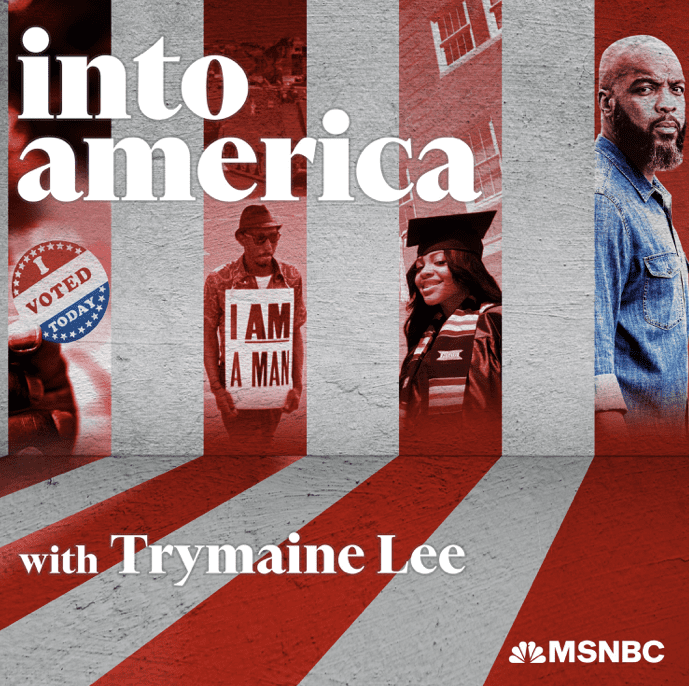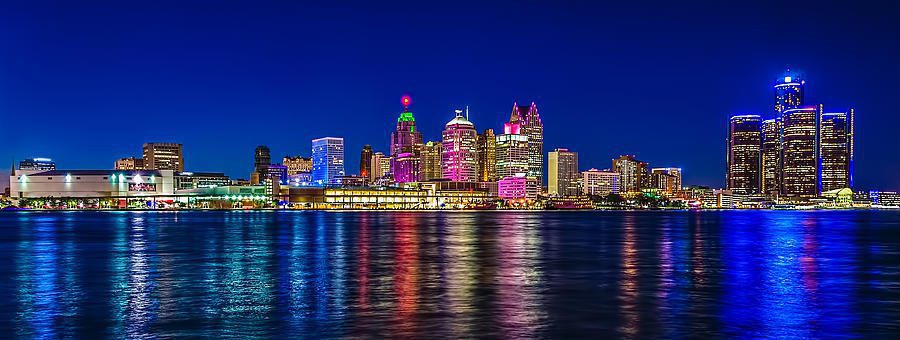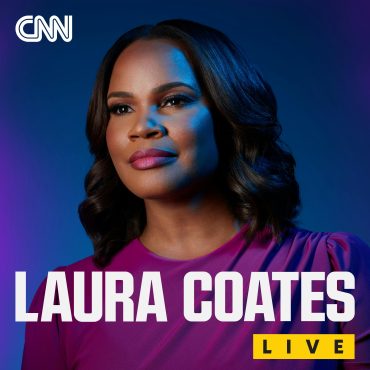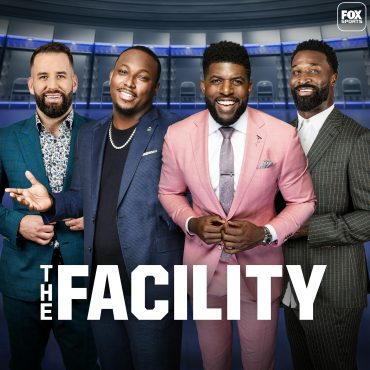
016: LGBT+ Activism as An African -W/ Bandy Kiki
In continuation of the uncomfortable but necessary discussions we are having in honor of #PrideMonth, we are having a discussion with an LGBT+ Activist called Kiki Bandy. She is a […]
 play_arrow
play_arrow
Source: Trump Has Reviewed Attack Plan But Is Holding Off For Now podcast
 play_arrow
play_arrow
 play_arrow
play_arrow
Iran, Israel Trade Attacks As Trump Weighs U.S. Strikes On Iran podcast
 play_arrow
play_arrow
 play_arrow
play_arrow
Trump Leaving G7, Directs Team To Convene In Situation Room podcast
 play_arrow
play_arrow
Best Of (Rams threat level to Eagles + NFC North Panic Room + Trust Pacers or Thunder more?) podcast
 play_arrow
play_arrow
Sirens Sounding In Israel Amid Warning Of New Wave Of Iran Missiles podcast
 play_arrow
play_arrow
 play_arrow
play_arrow
 play_arrow
play_arrow
Twin Black Designers Break Silence on Church Burnout, Gender-Free Fashion & Fight for BlackBoyJoy podcast

Saturday marks Juneteenth, when the last enslaved people in Galveston, Texas finally got word of their freedom in 1865. This came two years after the Emancipation Proclamation, which despite popular opinion did not automatically free every enslaved person. Washington D.C. was among the first cities to end slavery, doing so in April of 1862, months before President Abraham Lincoln’s historic speech. But many D.C. residents argue full democracy and freedom is still out of reach.
Saturday marks Juneteenth, when the last enslaved people in Galveston, Texas finally got word of their freedom in 1865. This came two years after the Emancipation Proclamation. Juneteenth is now a federal holiday, signed into law this week by President Joe Biden.
In Washington D.C., slaveryactually came to an end before federal emancipation. But today, many D.C. residents argue full democracy and freedom is still out of reach.
The city is nowhome to 700,000 people, nearly half of whom are Black. But despite living within arms’ reach of the halls of power, residents of the so-called Chocolate City do not have a voting representative in the House or the Senate. That’s because D.C. is not a state.
For years, activists have beenpushing for statehood; some hope to name it the Douglass Commonwealth, after abolitionist Frederick Douglass. In April, the House of Representatives approved HR-51, which if approved by the Senate, would make D.C. the 51st state. With the Senate Homeland Security Committee set to hold a hearing on D.C. statehood next week, statehood activists say they are closer than ever to achieving their goal. Democrats, including President Biden, are on board. However, with strong GOP opposition, the outcome is anything but certain.
George Derek Musgrove, a University of Maryland-Baltimore County history professor, explains that statehood matters because D.C.’s current status means it’s controlled by Congress. Residents can elect a mayor and city council, but Congress oversees the city’s budget and can block laws it disapproves of. Residents can’t dictate their own affairs.
One activist working to change this is 22-year-oldJamal Holtz, who grew up in southeast D.C. He’s one of the co-founders of 51 for 51, agroup of young people fighting for statehood. People often refer to him D.C.’s “future governor.” One of the people he looks up to is 71-year-old Anise Jenkins. Anise is the founder of Stand Up! for Democracy in DC (Free DC). She’s been fighting for D.C. statehood since the 1990s – before Jamal was born. Anise has been arrested nine times as she’s protested for statehood, and she’s excited to see Jamal’s generation carrying on the fight.
For a transcript, please visit https://www.msnbc.com/intoamerica.
Thoughts? Feedback? Story ideas? Write to us at intoamerica@nbcuni.com.
Further Reading and Listening:

In continuation of the uncomfortable but necessary discussions we are having in honor of #PrideMonth, we are having a discussion with an LGBT+ Activist called Kiki Bandy. She is a […]











Copyright Blackpodcasting 2025